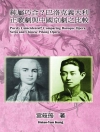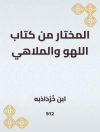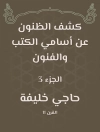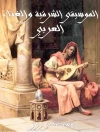In this enlightening and entertaining book, one of the most original and sophisticated musicologists writing today turns his attention to music’s most dramatic genre. Extending his ongoing project of clarifying music’s various roles in Western society, Kramer brings to opera his distinctive and pioneering blend of historical concreteness and theoretical awareness.
Opera is legendary for going to extremes, a tendency that has earned it a reputation for unreality. Opera and Modern Culture shows the reverse to be true. Kramer argues that for the past two centuries the preoccupation of a group of famous operas with the limits of supremacy and debasement helped to define a normality that seems the very opposite of the operatic. Exemplified in a series of beloved examples, a certain idea of opera—a fiction of opera—has contributed in key ways to the modern era’s characterizations of desire, identity, and social order. Opera and Modern Culture exposes this process at work in operas by Richard Wagner, who put modernity on the agenda in ways no one after him could ignore, and by the young Richard Strauss. The book continues the initiative of much recent writing in treating opera as a multimedia rather than a primarily musical form. From Lohengrin and The Ring of the Niebelung to Salome and Elektra, it traces the rich interplay of operatic visions and voices and their contexts in the birth pangs of modern life.
Tabella dei contenuti
Prologue: Thinking through Opera with Wagner and Strauss
1 Opera: Two or Three Things I Know about Her
2 Contesting Wagner: The Lohengrin Prelude and Anti-anti-Semitism
3 The Waters of Prometheus: Nationalism and Sexuality in Wagner’s Ring
4 Enchantment and Modernity: Wagner the Symptom
5 Modernity’s Cutting Edge: The Salome Complex
6 Video as Jugendstil: Salome, Visuality, and Performance
7 Fin-de-Siècle Fantasies: Elektra and the Culture of Supremacism
Epilogue: Voice and Its Beyonds
Notes
Index
Circa l’autore
Lawrence Kramer is Professor of English and Music at Fordham University and coeditor of 19th-Century Music. His many books include Why Classical Music Still Matters (2007), Classical Music and Postmodern Knowledge (1995), After the Lovedeath: Sexual Violence and the Making of Culture (1997), and Musical Meaning: Toward a Critical History (2002), all from the University of California Press.












